
Welcome to the Blog ….

Why Fad Diets Won’t Help Your PCOS
With 54% of people resolving to eat healthier and 59% vowing to eat healthier in the New Year it isn’t surprising that diet and weight loss companies prey on people at this time of year and promote a variety of quick fixes to weight loss.

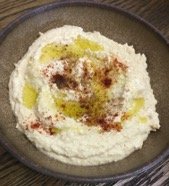
Recipe: Humble Hummus Recipe
Possibly my favourite recipe of all time as it is simple, nutritious, delicious and reminds me of home! Humble hummus!
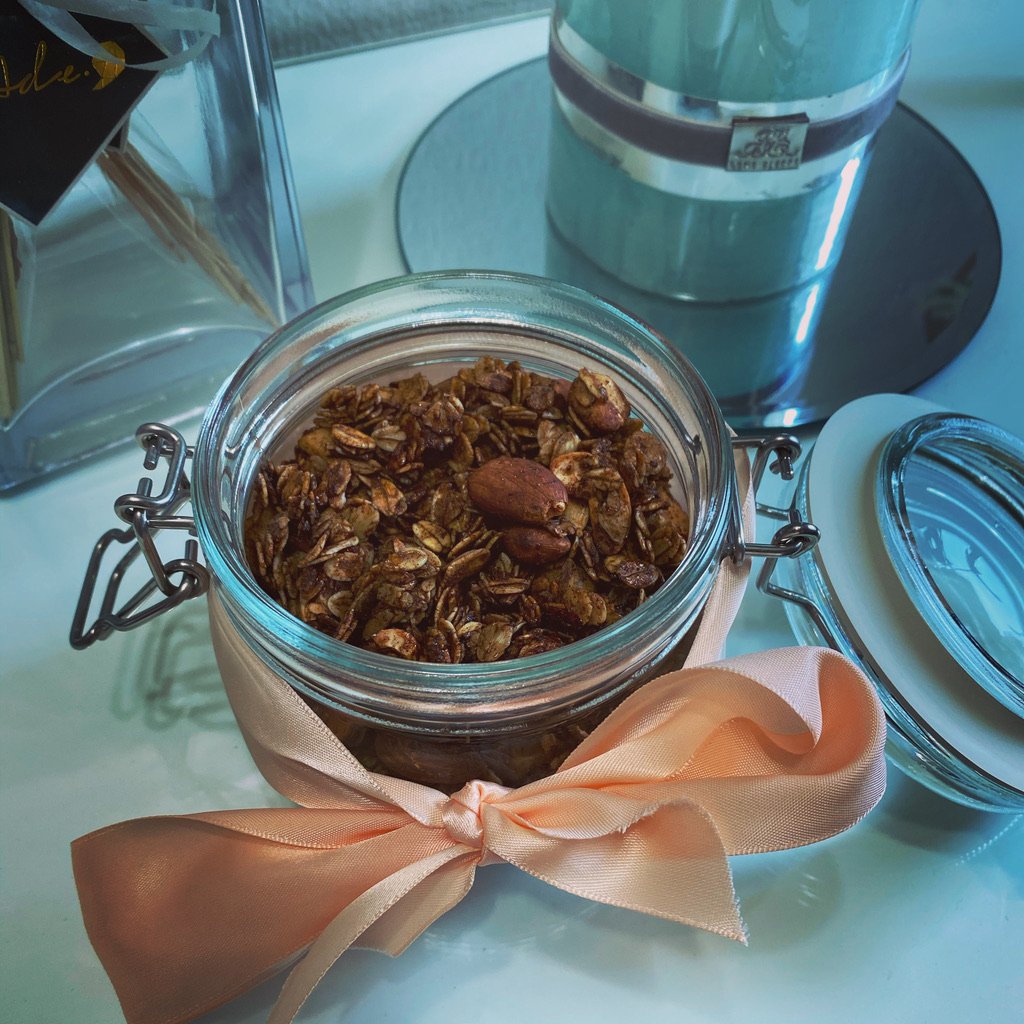
Recipe: Christmas Granola
Christmas is all about food and giving edible gifts is a great option if you are being environment conscious yet still want to show someone you care and appreciate them!

Avoiding Diet Culture And Taking Care of Yourself During The Festive Season
Avoiding Diet Culture And Taking Care of Yourself During The Festive Season

Do I Have to Go Dairy Free for PCOS?
With 17.4% of people with PCOS going dairy-free in an attempt to manage their symptoms (1) it can be tempting to cut out milk, cheese and yogurt and swap to non-dairy options.
Polycystic ovary syndrome (PCOS) is a chronic hormone disorder impacting 1 in 10 women in the UK (2). There are a variety of symptoms associated with PCOS including acne, oily skin, rapid weight gain, irregular periods, difficulty getting pregnant, excess hair growth and hair loss on the head (3).

Do I Need to Go Gluten-Free for PCOS?
Have you considered going gluten-free to manage your PCOS? You are not alone. Over 18% of people with PCOS said they were on a gluten-free diet to manage PCOS.

Do I Need to Go Carb-Free for PCOS?
If you’ve been diagnosed with PCOS you may have seen advice to go carb-free or low-carb or try diets like Keto and Atkins. But why is this dietary advice so commonly seen for people with PCOS and is there any truth behind it?
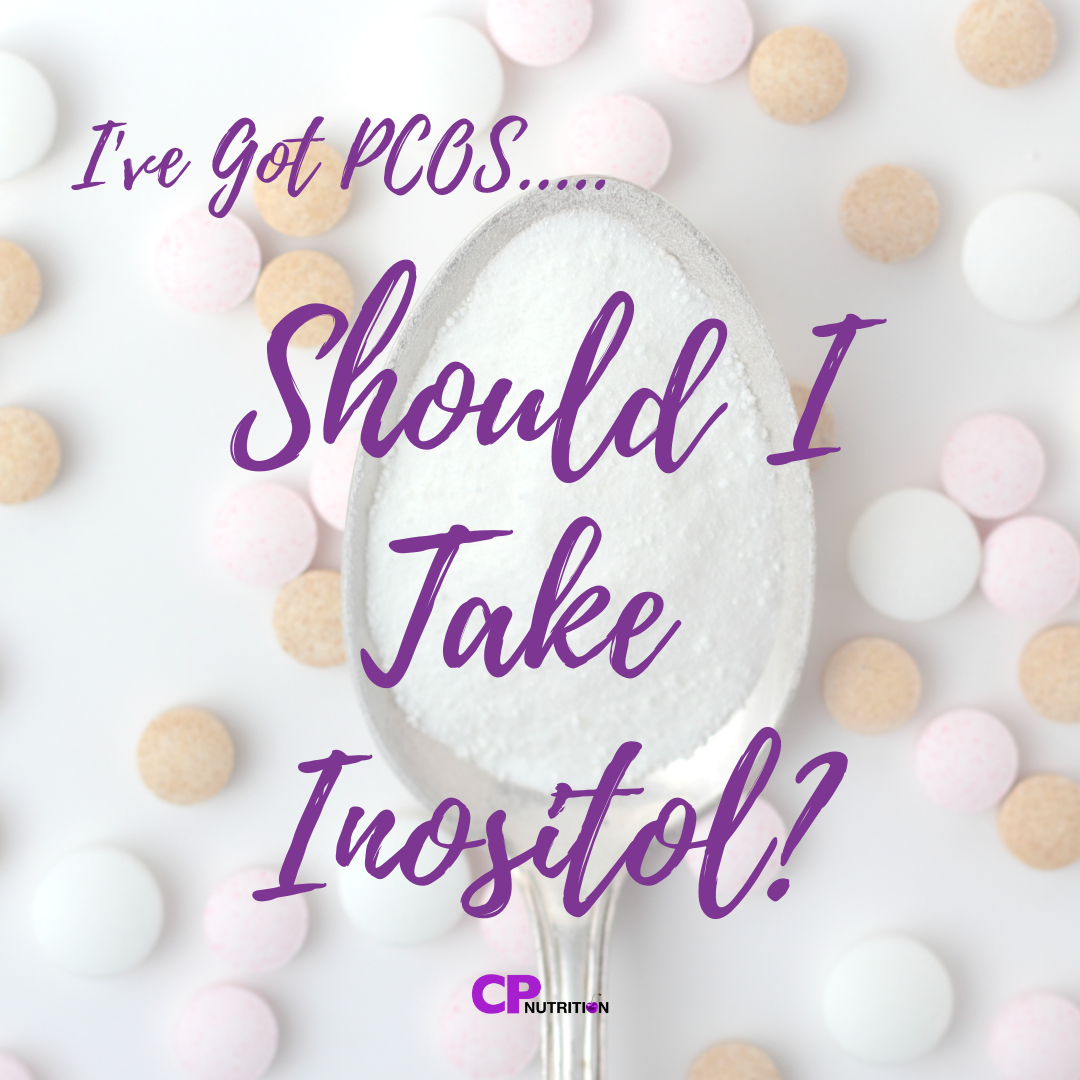
Do I need to Supplement with Inositol for PCOS?
If you have PCOS then you may be overwhelmed with the choice of supplements out there which claim to help manage your symptoms and you may have heard of the supplement inositol and wondered if it could work for you. But what is inositol?

Why is it Important to Include Dietary Protein with PCOS?
Although there is no one way of eating for PCOS or a PCOS diet, there are several gentle nutrition tips we can implement into our diet to help with symptom management. One of these strategies is increasing the amount of dietary protein in the diet.

Should I Take Omega-3 Supplements for PCOS?
If you have PCOS then you may be overwhelmed with the choice of supplements out there which claim to help manage your symptoms.
Omega-3 fatty acids are well known for their health benefits, especially around heart and brain health, but are they beneficial for PCOS?
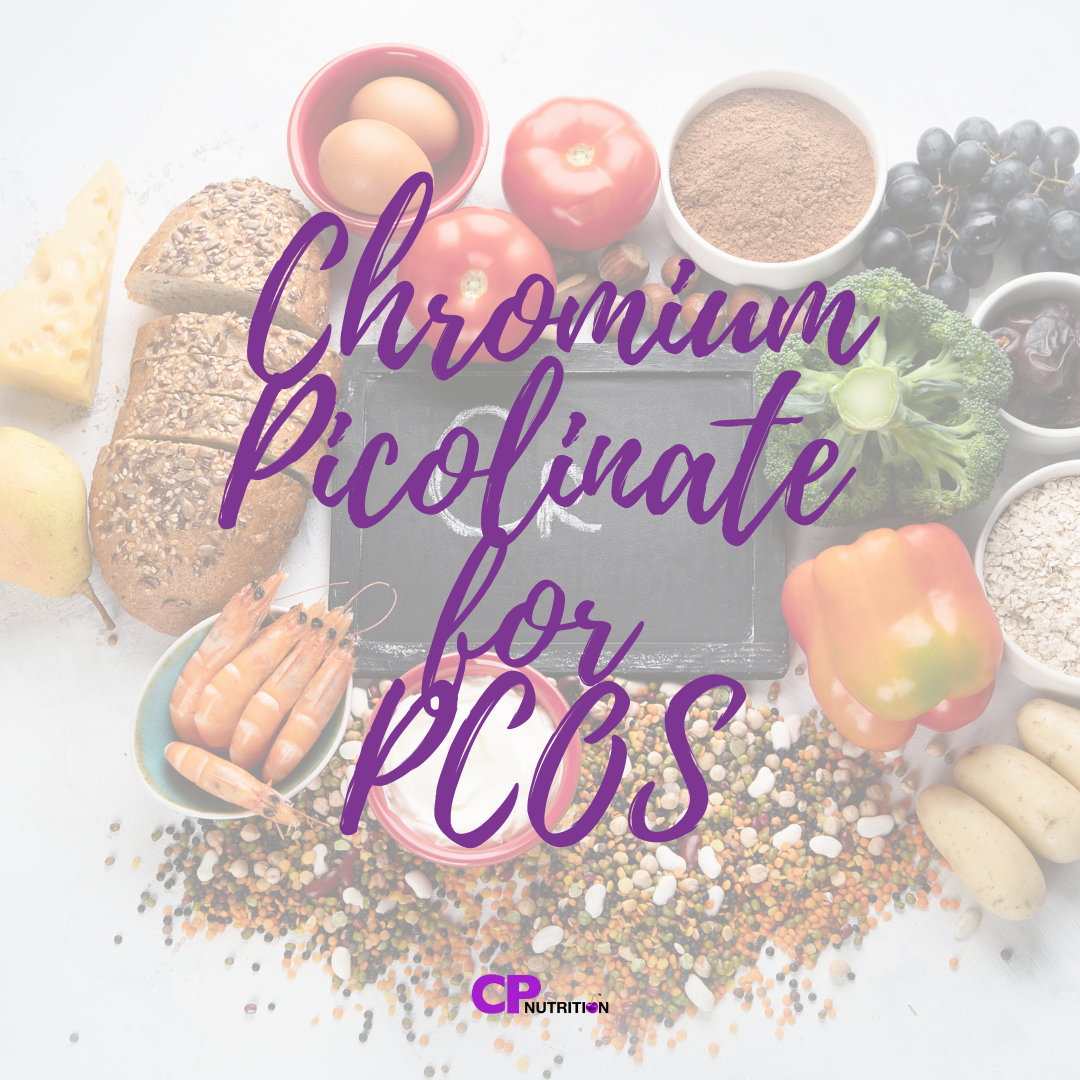
Do I Need to Take Chromium Picolinate for PCOS?
Chromium picolinate is a supplement consisting of trivalent chromium and picolinate acid. Trivalent chromium is typically considered an essential trace mineral as we can’t make it in the body. Picolinate acid is an organic compound added in order to enhance gut absorption (1).

Do I Need to Take Zinc for PCOS?
Zinc isn’t one of the main supplements recommended for people with PCOS and may not be on your radar. But there are some studies suggesting that people with PCOS have lower levels of zinc (1) so should we be supplementing with zinc too?

Do I Need to Take Magnesium for PCOS?
If you have PCOS then you may be overwhelmed with the choice of supplements out there which claim to help manage your symptoms.
Magnesium is a mineral that helps us turn the food we consume into energy plus helps our parathyroid glands work properly.

Do I Need to Take Supplements for PCOS?
Although supplements will not replace a nutrient-dense diet, for people with PCOS certain supplements may help with symptom management and to help replace low levels of certain nutrients.

Should I Take Melatonin for PCOS?
There are so many supplements recommended for PCOS it can be challenging to know what to choose!
𝘔𝘦𝘭𝘢𝘵𝘰𝘯𝘪𝘯 is a supplement which is being recommended more and more 𝘧𝘰𝘳 𝘱𝘦𝘰𝘱𝘭𝘦 𝘸𝘪𝘵𝘩 𝘗𝘊𝘖𝘚.
Melatonin is a hormone and antioxidant which controls the wake/sleep cycles, circadian rhythms and reproduction.
But what does melatonin supposedly do for PCOS and what does the evidence say?

Should I take vitamin D for PCOS?
If you have PCOS then you may be overwhelmed with the choice of supplements out there which claim to help manage your symptoms.
People with PCOS have an increased risk of vitamin D deficiency and this may be linked to some of the metabolic effects of PCOS. Vitamin D deficiency has been proposed in the literature to be the missing link between insulin resistance and PCOS.

Should I take NAC for PCOS?
If you have PCOS then you may be overwhelmed with the choice of supplements out there which claim to help manage your symptoms.
N-Acetylcysteine (NAC) is an antioxidant and amino acid that is an insulin sensitizer, which may be beneficial for insulin resistance commonly seen in people with PCOS.

Is Dieting Necessary to Improve My PCOS?
If you are anything like me, then when you were diagnosed with PCOS the you will have been told by your doctor that losing weight is the best way to improve your condition. You probably had other healthcare professionals, or even family and friends tell you about following a Keto diet, low carb diet or intermittent fasting, or whichever diet worked for them.
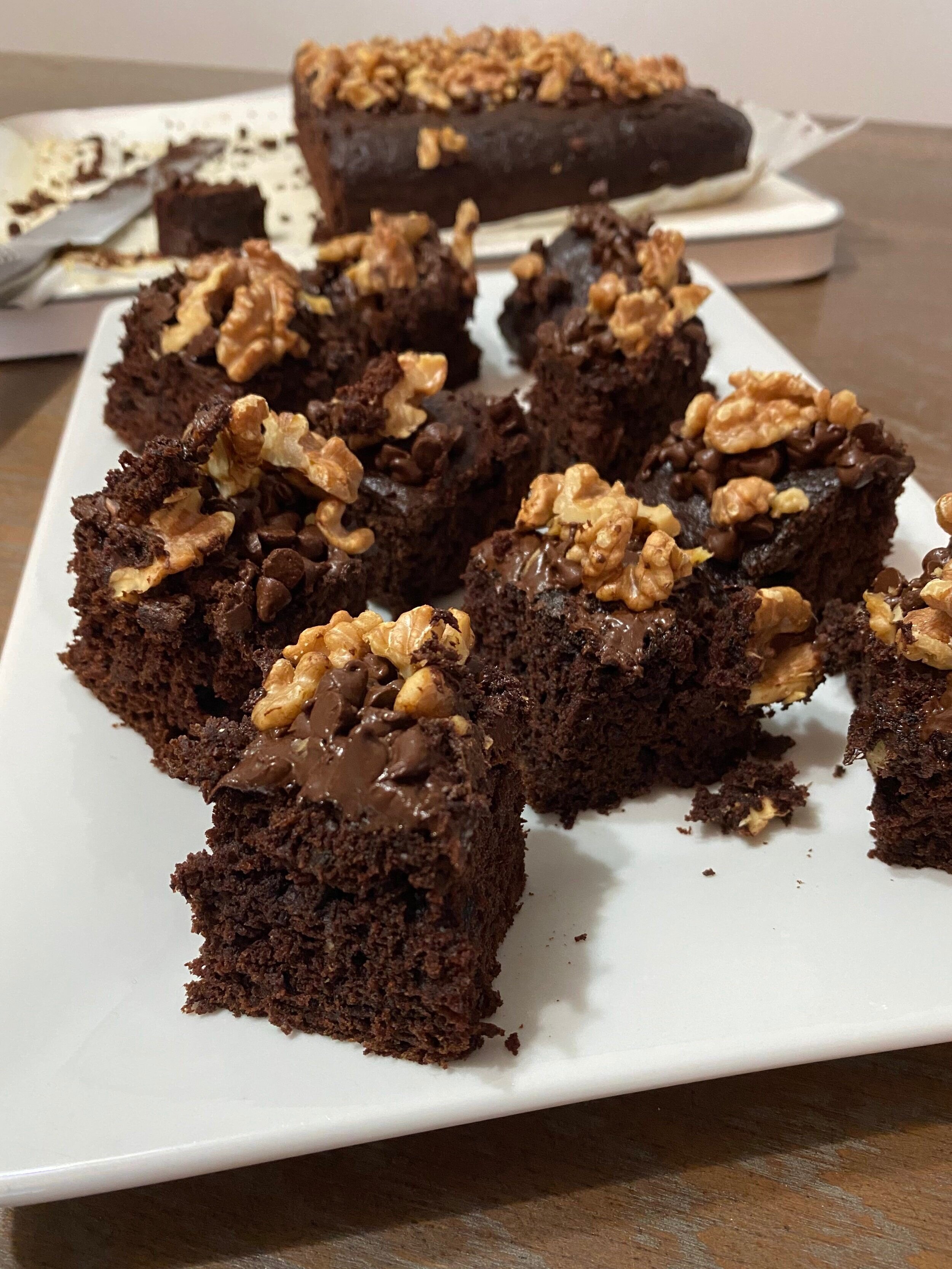
Recipe: Chocolate Date Cake
This is one of those recipes my kids love to make, as they love chopping the dates, tasting the chocolate chips and licking the bowl.
The end result is a moist and fluffy chocolate cake with a decadent topping. You only need a small square for it to satisfy that chocolate craving!
Follow Claire @CP_NutritionRD





